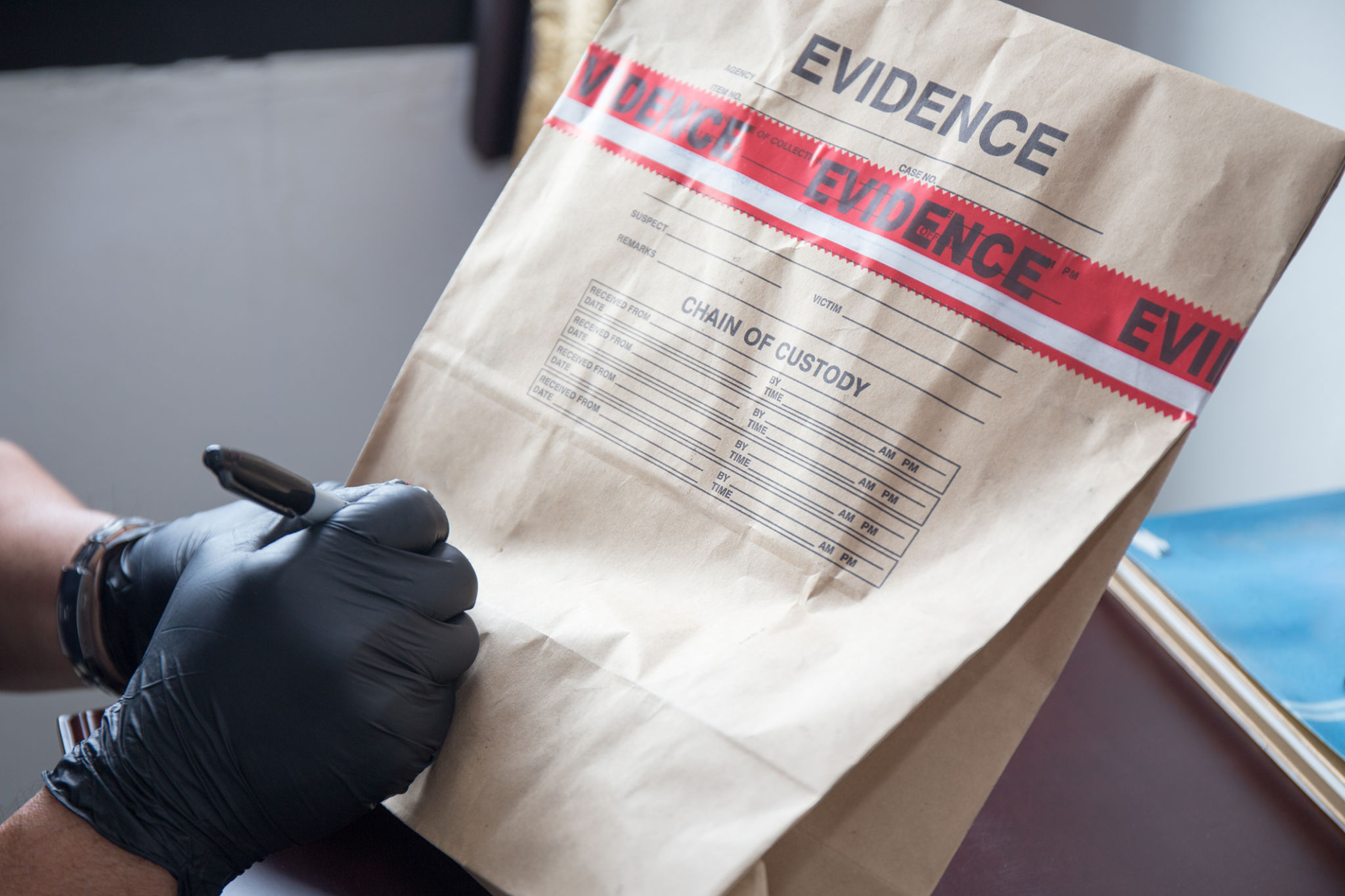How Evidence Collection Services Can Support Abuse Survivors
The Critical Role of Evidence Collection Services
For many abuse survivors, the journey towards healing and justice can be overwhelming. During this difficult time, having access to professional evidence collection services can be a crucial support. These services provide the necessary tools and expertise to gather and preserve evidence, which can be instrumental in legal proceedings or personal closure.
Evidence collection services are designed to assist survivors in documenting incidents of abuse in a way that is both sensitive and thorough. By using these services, survivors ensure that their cases are backed by solid evidence, increasing the likelihood of achieving a favorable outcome in court or other legal settings.

How Evidence Collection Works
The process of evidence collection involves several steps. Professionals are trained to handle evidence with care to maintain its integrity. This can include collecting physical evidence, documenting injuries through photographs, and preserving digital communications such as emails and text messages.
These professionals understand the importance of a trauma-informed approach. They work to ensure that the process is as stress-free as possible for the survivor, respecting their boundaries and comfort levels throughout the collection process.

Types of Evidence Collected
Evidence collection services can gather various types of evidence, including:
- Physical Evidence: Items such as clothing, personal belongings, or any objects that may have relevance to the case.
- Medical Evidence: Documentation of injuries or medical reports that can be used to support claims of abuse.
- Digital Evidence: Text messages, emails, and social media interactions that can provide insight into the nature of the abuse.
The Legal Benefits of Professional Evidence Collection
Having professionally collected evidence can significantly impact legal proceedings. Judges and juries often rely heavily on concrete evidence when making decisions. By having well-documented proof, survivors can present a compelling case that clearly illustrates their experiences.
Moreover, professional evidence collection services often provide expert testimony in court. Their insights and explanations about how the evidence was collected and preserved can be invaluable during trials.

Emotional Support and Empowerment
Beyond the practical benefits, evidence collection services also offer emotional support to survivors. Knowing that their experiences are validated through tangible evidence can be empowering. It helps survivors feel heard and acknowledged, which is a crucial step in the healing process.
These services often connect survivors with additional resources such as counseling or support groups. This holistic approach ensures that survivors receive comprehensive care that addresses both their legal and emotional needs.
Conclusion: A Vital Resource for Survivors
In conclusion, evidence collection services play a vital role in supporting abuse survivors on their path to justice and recovery. By providing expert assistance in gathering and preserving evidence, these services offer both practical and emotional benefits. For survivors seeking justice, accessing professional evidence collection can be a crucial step in reclaiming their narrative and moving forward with confidence.